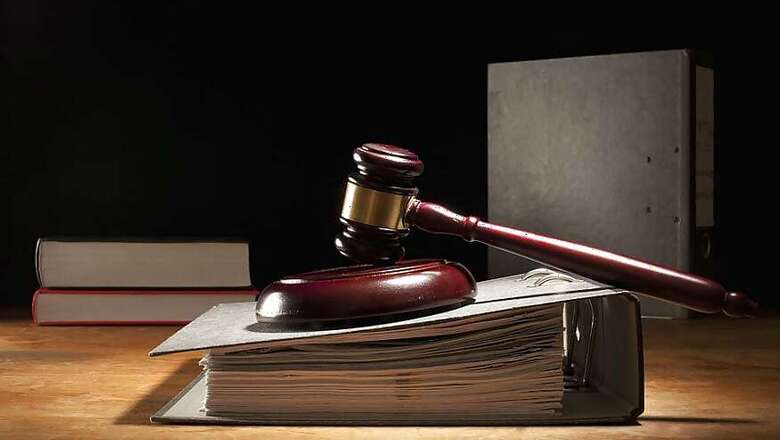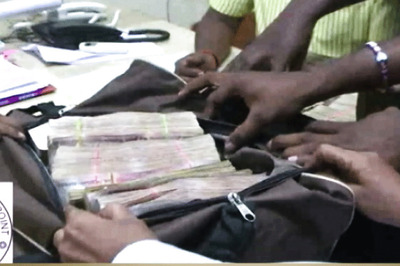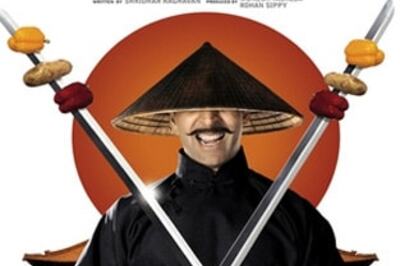
views
New Delhi: A full commission meeting of the law panel is slated to take place today to discuss the feasibility of simultaneous polls, whether the central cricketing body can be brought under the ambit of RTI and if there is any need for amendments to the Contempt of Courts Act.
The meeting which will be chaired by the Chairman, Justice BS Chauhan, will also see all part time members participating. This will be the first meeting of the commission to discuss such issues.
Advocate Abhay Bhardwaj, a part time member of the Commission, who will also be a part of the meeting told News18 that a rough draft of simultaneous elections feasibility was circulated among the members and a copy of which was provided to the government as well.
"There needs to be a debate on simultaneous elections like the one that happened during triple talaq. We have prepared a draft and it will be discussed in today’s (Tuesday) meeting. This has also been circulated to all the members of the commission as well as the Government of India. The law secretary and the legislative secretary are our ex-officio members," said Bhardwaj.
Although the draft report on ‘one nation, one poll’ lays down a possible structure for the conduct of such an election, Bhardwaj has said that simultaneous polls can only be implemented at the will of the political parties and rejected the possibility of "implementation of presidential rule" as a means to achieve the goal of a single election.
"Simultaneous elections is for the political parties to decide. Polls in this country are a very expensive affair. Without the consent of the states there cannot be any possibility of simultaneous elections. There needs to be consent from the states," said Bhardwaj.
The Law Commission member further said, "I don't think there can be any presidential rule in any states for simultaneous elections because the Constitution of India does not speak about presidential rule for holding simultaneous elections. Only Article 356 governs presidential rule.”
Bhardwaj even sidelined the question of required Constitutional amendments suggested by Chief Election Commissioner O P Rawat as "everything cannot be governed by the Constitution”.
"Question of Constitutional amendment will only arise if you decide to go for it. Everything cannot be seen by the Constitution. Questions to ponder over in the meeting would be -- what was the intention of the framers of the Constitution with regard to simultaneous elections," stated Bhardwaj.
Bhardwaj, who is the only advocate to have been appointed as a member of the Commission in the history of the Law Panel, also stated that Uniform Civil Code was indeed a subject the Commission has been working upon and that he personally thinks "UCC is a must since it's mandated by the Constitution”.
"UCC is mandatory for the government. It only ensures dignity and equality and uniformity in the way of life. Uniform Civil Code is a mandate of the Constitution and it is not our mandate, hence, according to the Constitution of India it is a must," said the law panel member from Gujarat.
Peppering his arguments with the perspective of Constitutional debates and Dr Baba Saheb Ambedkar's view, Bhardwaj said that it was Ambedkar's wish to implement UCC, and that people often confuse UCC with 'Hindu Civil Code.'
"In the Constitution debate, Dr Babasaheb Ambedkar had said that presently we are not able to incorporate Uniform Civil Code because there is no consensus, but we leave it to the wisdom of the next government to do it. Ambedkar was 100% for UCC. Jawaharlal Nehru and others were all against UCC but it was only doctor Babasaheb Ambedkar who stood for it. In 1945, Ambedkar was the only person who said that all the Muslims should be sent to Pakistan and all the Hindus should be brought back to India," Bhardwaj told News18.
Although, Article 44 of the Constitution, which spells out the need for UCC, is a directive principle of the state policy and hence not mandatory to be implemented unlike the fundamental rights, Bhardwaj stated that it "was indeed mandatory if read in consonance with fundamental duties”.
"If you read Directive Principles of State Policy in consonance with constitutional duties, then you would know that it has become mandatory now, similar is the case with cow slaughter. It was Indira Gandhi, too, who wanted the Uniform Civil Code. She was behind the insertion of Article 51A in the Constitution," said the Law Commission member.
Among the other issues to be discussed, the Chariman had earlier stated that BCCI was ready to be classified as 'state' under Article 12 of the Indian Constitution. This precisely means that any aggrieved party could file a PIL against the cricketing body and it would also be subject to constitutional checks and balances.
On the issue of changes to contempt of court act legislation, it was in March that the government had asked the commission to examine if amendments can be made in the Contempt of Courts Act, 1971, in order to remove the concept of criminal contempt and “restrict” the Act to civil contempt only.
However, the draft report which the commission is likely to discuss today has suggested against making amendments to the present legislation as it might result in "destruction of judiciary”.


















Comments
0 comment